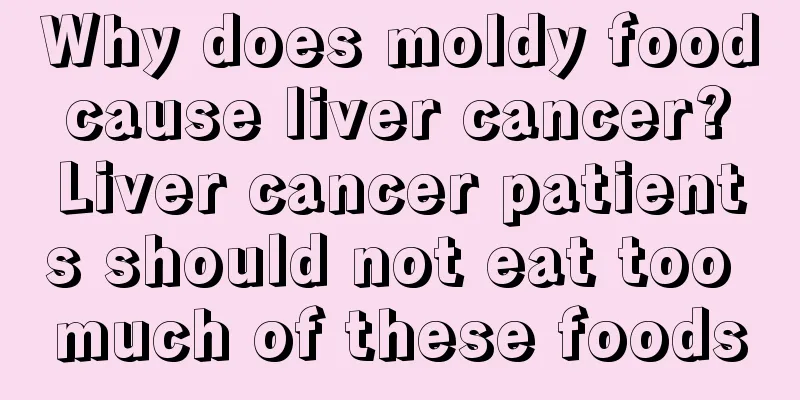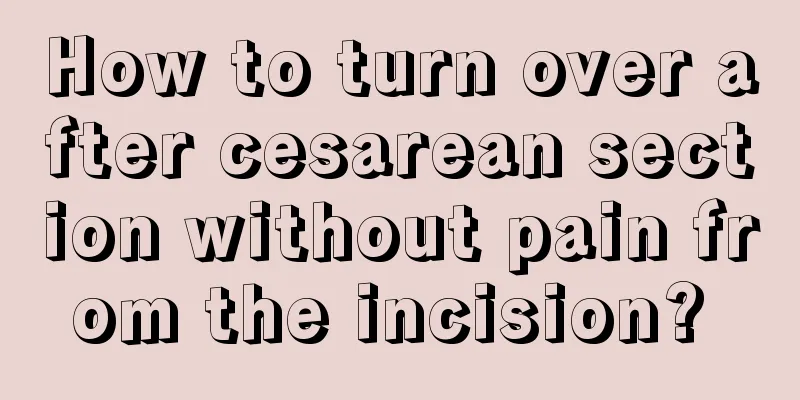3 common treatments for prostate cancer

|
After lung cancer, prostate cancer is the most common cancer in men. As men age, their risk of developing prostate cancer increases. Prostate cancer is the most important cancer of the urinary system, so the treatment of prostate cancer is particularly important. How is prostate cancer treated? These three treatments are common! 1. Prostate cancer surgery Prostate cancer stage B is treated with radical prostatectomy, which removes the prostate, seminal vesicles, and ampulla of the genital tract, and sutures the bladder neck and urethra. There are several methods, including laparotomy, retropubic prostatectomy (RRP), laparoscopic surgery (LRP), and robot-assisted radical prostatectomy (RARP). Typical complications of these surgeries include ED and urinary incontinence. Prostate cancer will not be completely cured. If surgery is done, the progression of prostate cancer must be observed within 5 years after surgery. If recurrence is found, therapeutic radiotherapy or hormone therapy should be added. 2. Radiation therapy for prostate cancer Radiation therapy for prostate cancer includes external beam radiation and interstitial radiation therapy. External beam radiation includes normal radiation therapy, three-dimensional conformal radiation therapy (3D-CRT), and intensity-modulated radiation therapy (IMRT). The target of treatment is prostate cancer stage B and C. Postoperative complications include acute urination frequency, urination pain, hematuria, and diarrhea, but they often improve within one month after radiotherapy. Rectal bleeding and urethral stricture are late complications observed after a few months. Intravascular radiotherapy is usually low-dose rate (LDR) iodine-125. This is a method of implanting a radioactive source into the prostate, but its indications may be limited by the grade of prostate cancer and the volume of the prostate. If radiotherapy is performed, prostate cancer may not be cured, and progression must be observed within 5 years after surgery. If recurrence is found, hormone therapy should be added. 3. Hormone endocrine therapy Prostate cancer is androgen-dependent, and hormone therapy is androgen blockade therapy. The androgen receptor blocker I use is a drug called bicalutamide. Sometimes only one or the other drug is used for treatment, but a combination of two drugs, cab (complete androgen blockade), can achieve a certain effect. Patients who do hormone therapy are those who do not want to do radical treatment, such as surgery and radiation therapy, and those who have undergone advanced adjuvant therapy and advanced treatment (stage D). The side effects of hormone therapy are related to decreased bone density, increased insulin resistance, and increased body fat. If hormone therapy is successful, the progression of prostate cancer will be stopped, but it will not be completely cured and will require continued hospitalization. If the PSA level is low and stable, it is called intermittent hormone therapy, and some methods can be interrupted and switched to PSA monitoring treatment. |
<<: Swimming reduces the risk of prostate cancer in men
Recommend
How much does it cost to do a bone cancer check?
How much does it cost to do a bone cancer check? ...
What are the misunderstandings about prostate cancer? Can lycopene prevent prostate cancer?
The prostate is known as the life gland of men. I...
What are the ways to prevent testicular cancer
Testicular cancer is a common cancer that occurs ...
What to do if you inhale a small amount of gas
What should you do if you inhale a small amount o...
What to do if there is formaldehyde at home
Everyone knows that if formaldehyde is inhaled fr...
How to train arm strength the fastest
In daily life, arms play an important role in peo...
Going to the toilet with one action can strengthen your sperm and nourish your kidneys
As the old saying goes, food, sex and love are th...
What are the effects of black sesame
Black sesame has a very high fat content, so it i...
Can knee arthritis be cured?
Arthritis is a common disease problem that can be...
What should I check when I go to the hospital for colorectal cancer
Due to the influence of various unhealthy eating ...
Can malignant transformation of nevus cells cause melanoma?
With the high incidence of melanoma, people are p...
Abdominal distension, abdominal pain and hiccups
When the baby is young, parents judge whether the...
How to choose buckwheat pillow
Buckwheat is a common food among cereals. Accordi...
The effects of red and blue light on the skin
Red light and blue light are used to treat skin d...
What are the early symptoms of gastric cancer
Gastric cancer is a malignant tumor originating f...









